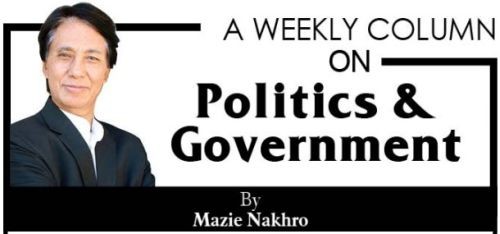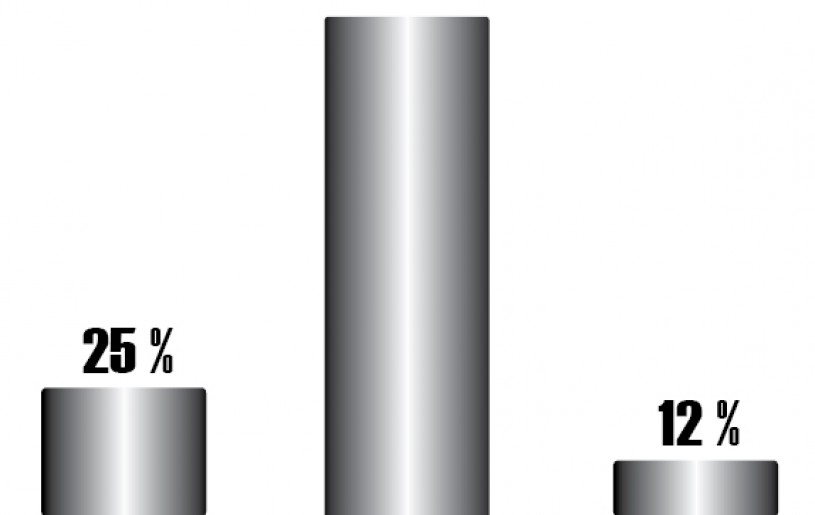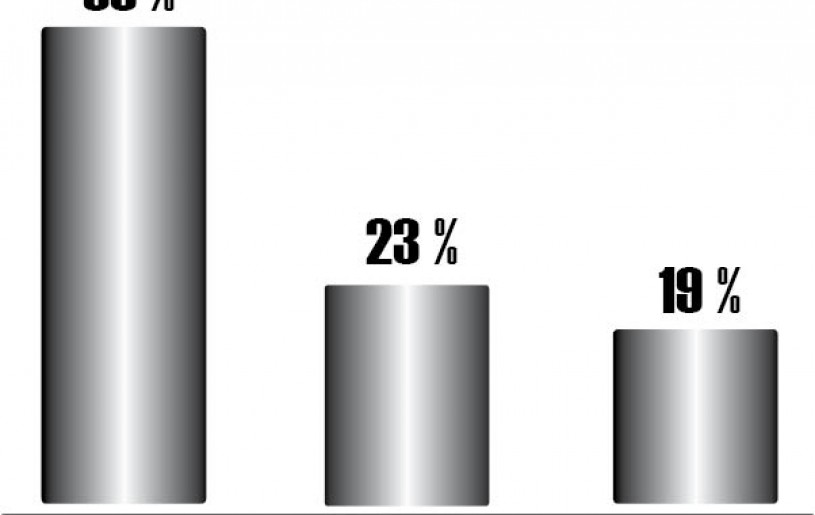
In the topsy-turvy politics of Nagaland, our legislature often appears to function for name’s sake only. The Speaker and a handful few would do most of the talking, while the rest would remain quietly seated in the like of our traditional class-room setup and soon the “chuti” is declared for the day so that everyone can rush home. By the way, are they short of pressing issues for discussion and debate on the floor?
Our Naga politicians claim to follow the parliamentary system of government. But in view of the absence of any rigorous debate or substantive interaction amongst them, one can perhaps assume that they don’t even know the meaning of the word “parliament,” which comes from the French word parler, meaning “to talk.” In my experience with the Nagas, it is the civil society leaders, not our parliamentarians, who do most of the serious thinking and meaningful debating on issues affecting our society, when it should have been the other way round.
It might seem obvious that the role of a legislator is to enact laws. Indeed, some of the earliest legislatures, such as the Roman Senate (c. 500 B.C.E. – 100 C.E.), came to exist as institutions to discuss and enact laws. And following this political system, today legislators in all civilized nations enact their own laws to govern their own people. But in the case of Nagaland, when was the last time our legislators enacted laws, let alone enforced them, to ensure the rule of law? No doubt they had passed certain policies and approved numerous bills over the past several decades, but these alone are not enough. Despite the possibility of enjoying the full special provision contained in the Article 371(A), our politicians, past and present, have practically done nothing to develop our own laws. That in itself speaks volume that our leaders have miserably failed to live up to their name as legislators.
Several other weaknesses in our legislature could be pointed out as well. First, our leaders don’t seem mature enough to accept contrary opinions. They seem to take every criticism of their policies or actions as personal attack and get offended easily. Second, they have an unwritten policy that everyone must always adhere to his own party’s line or else be disciplined. This is how party members are forced to be obedient servants of the party machine. And, of course, the excuse is that this is needed for the sake of party’s unity. But some serious questions must be asked here: Is this policy good for the society? Shouldn’t the representatives of the people put the people’s interests above their own party’s interests? And, shouldn’t they (legislators) be allowed to vote according to their conscience, as in the case of the American senators and Congress members?
In a matured democracy, individual members sometimes openly rebel against their party leadership and defy the whips; sometimes they are penalized and even lose their seats, but more often they survive politically, because the public respect such display of the legislators’ guts and would likely vote them back to power. This is one example of legislative leadership. However, this is rarely seen amongst our legislative members as evident in the fact that most of them simply serve as “rubber-stamps” to whatever the party leadership says.
In my opinion, our legislature is slowly losing its independence and regional identity as our legislators are increasingly depending on their “party masters” (High Command) in Delhi. This is not only true of those Nagas who are part of the Congress or the BJP, but in recent years our NPF’s leadersare also desperately seeking alliance with the BJP at the Centre. In addition to running after the Indian national parties, our legislators are also selling their souls to certain Naga national groups, especially during elections. By engaging in all these political adventures, they have made our legislature powerless and weak.
In most constitutional democracies, the legislature is the supreme representative institution – that is, the legislature exercises oversight of the executive branch and oversees the executive’s actions. For example, the Israeli legislature must approve the cabinet as a whole. The U.S. Senate has the right to “advise and consent” on such presidential appointments as cabinet members or Supreme Court justices. Another area of legislative oversight involves the right of the legislature to scrutinize executive performance. In Britain, Italy, and South Africa, for example, ministers in the executive cabinet must appear before the legislature and respond to legislators’ question or criticisms about any actions taken by their department. But in the case of Nagaland, the legislature is made to be subservient to the Chief Minister and his cabinet.
So then, what do we need to do? First, we must restructure and reform our institution of legislature by making it as the supreme people’s institution and thus the seat of collective legislative powerhouse. Secondly, we must recognize that, in a free legislature, all members are supposed to enjoy a sense of equality irrespective of party affiliations and portfolio-holdings. This being how it should be, any member can assert legislative leadership and win influence in the following ways: by demonstrating expertise on various issues, by parliamentary eloquence, by skill in applying personal influence to other legislators, by mastery of legislative technique, by a simple capacity to make trouble or throw up roadblocks, by serving in various committees (as chairman, if possible, in some standing committees), by using membership in numerous pressure groups to press the government, by mobilizing the general electorate to influence the elected representatives, and so on. These are some of the things that can make anyone to be a powerful legislative leader.Why, then, areour MLAs in Nagaland so inactive and voiceless? Don’t we have any competent legislative leader at all?





